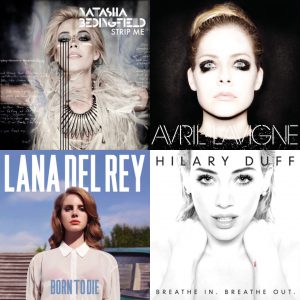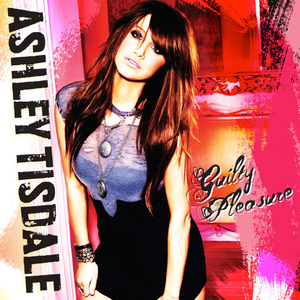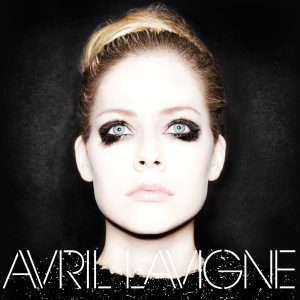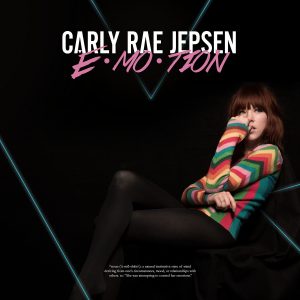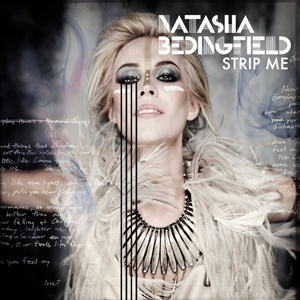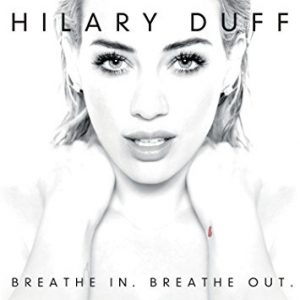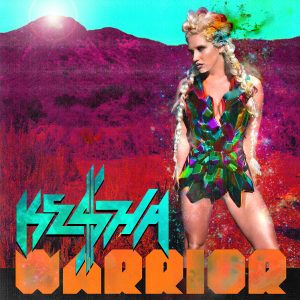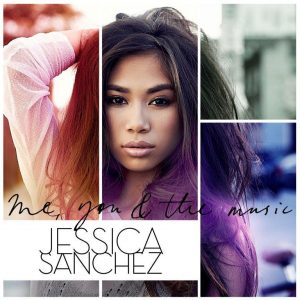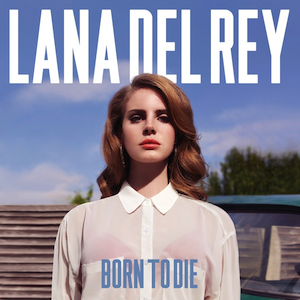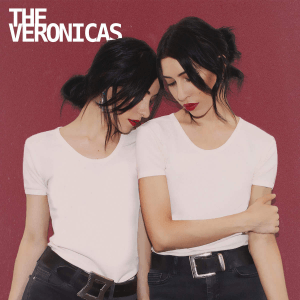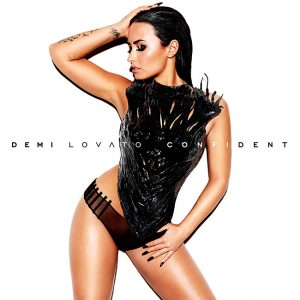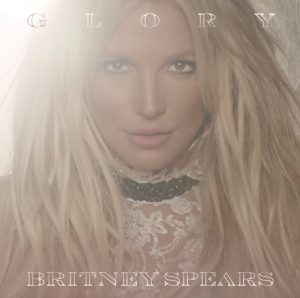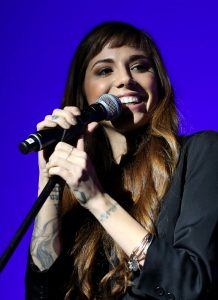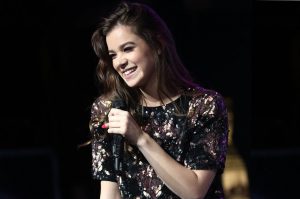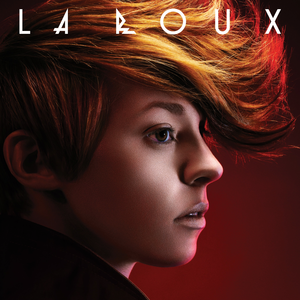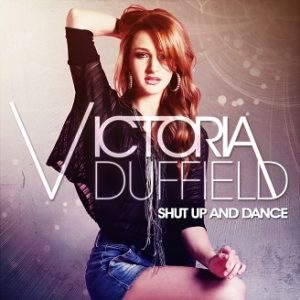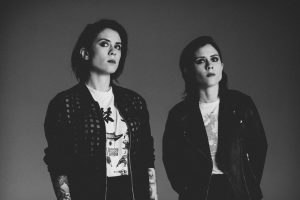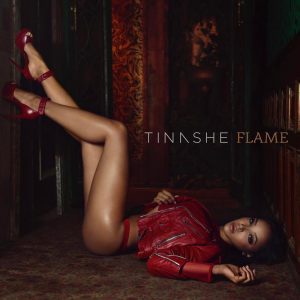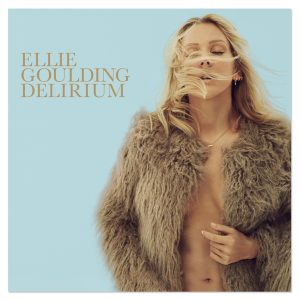Before we begin, I must share a bit of my personal history with Mary Poppins. The 1964 live-action Disney musical, which was based off of these first two books in the series, was my absolute favorite childhood movie and is still at the top of my all-time favorite movies as an adult. At the risk of sounding a bit dramatic, I don't think I would be who I am today without Mary Poppins. Do you have any of those movies or books? Movies or books that are so heavily linked to parts of you or your life that they practically play a part in your current identity? I think I can only say I have two of those for sure: Mary Poppins and Matilda. I was obsessed with Mary Poppins as a kid. I didn't own my own VHS copy for awhile, and I must have borrowed it from my friends who lived across the street a million times (I eventually obtained my own copy, lest they kill me). In fact, one time when my parents had people come over to clean our chimney, I sat on our porch wondering why they weren't breaking out into song and dance. I was also confused when one of the guys called down and said, "Look! I'm Spider-Man!" Um no? In my head, you're Bert, and why aren't you singing "Step in Time"?
ANYWAY! Mary Poppins meant and still means a lot to me, so when the Disney movie based off of the making of the film adaption came out in 2013, Saving Mr. Banks, you best believe I was at the theatre opening weekend, and that movie definitely shed a lot of light on the story behind the world's most famous nanny. I don't think I've watched Mary Poppins the same way since I first saw Saving Mr. Banks, and I mean that in a good way. For those who aren't familiar with the movie about the making of a movie, it tells the story of Walt Disney's final successful attempt to obtain the film rights to the Mary Poppins books from author P.L. Travers, who was not interested in selling them for several years, much less seeing the story turned into an American musical with colorful animations. To make a long story short, the movie goes on to show that the apparent inspiration for the Mary Poppins books came from Travers' father, and that Mary Poppins never came to save the children; she came to save Mr. Banks. That little piece of knowledge changes the whole way you look at the Mary Poppins movie, trust me. If you've ever seen it, I recommend watching Saving Mr. Banks and then Mary Poppins again. Mind blown.
All this to say, I never read the Mary Poppins books as a kid, and in fact I don't think anybody I knew ever read them either. So the last time I watched Saving Mr. Banks (which was about a month ago), I thought I should check out the books that the movie that means so much to me was based on. I definitely enjoyed reading the first two books of the series. The writing style is top notch and reminds me of an old-time London fairytale or something. But the thing that surprised me the most about reading the first two Mary Poppins books for the first time? Mary Poppins in the books and Mary Poppins in the movie are almost nothing alike. Sure, they're both magical, and they're both typical British nannies. But when it comes to personality, they are complete opposites. Mary Poppins in the movie makes a point of saying that she's never cross when she first arrives in the Banks household. Mary Poppins in the books is not only usually cross, but she comes across as cruel, unloving, bitter and almost always grumpy. It was a bit of an eye-opener for me. It didn't change my feelings about the Mary Poppins in the movie; she will remain the same to me in my heart, but it was a strange feeling to meet the woman that the Mary Poppins in the movie was based off of. They're just very, very different.
Despite what is played out onscreen in Saving Mr. Banks, legend has it that Mr. Disney was somewhat of an asshole when it came to dealing with Mrs. Travers, even though she was incredibly demanding and often uncooperative (everything you see in the movie in that regard is said to be pretty spot on). Travers explicitly stated that she didn't want any animation in the movie, but Disney completely ignored that demand and went ahead and blended colorful animation into it. He didn't invite her to the movie's Los Angeles premiere, prompting her to go over his head and get an invitation from another executive, and at the premiere's after party, she reportedly said to him in front of several other people, "The first thing that has to go is the animation sequence." Disney promptly replied, "Pamela, the ship has sailed," and walked away, and the two apparently never spoke ever again. So as much as Disney seemed to be an asshole during that production, I have to at least point out that he added a lot of life to an otherwise simply whimsical children's story. Mary Poppins is extremely unlikeable in the books, yet the children (and their parents, most of the time) love her unconditionally. She continually plays with their minds, always making them believe they are crazy by claiming their magical adventures never happened (this does happen briefly in the movie, but not every single time like in the books). Disney made the character so much more likeable and loveable, making her into a figure that children, much like myself, would fall in love with and not want her to ever leave their screens or their lives. That's what a children's literature heroine should be. Someone children fall in love with and who go on to define much of their lives and identity. I didn't get much of that from the Mary Poppins in the books. Mr. and Mrs. Banks also play virtually no part in the story in the books, which is a downright oddity if you compare it to the movie. Not to mention that if what the story in Saving Mr. Banks tells is true, that the inspiration for Mary Poppins came from her stormy relationship with her father, absolutely none of that is felt in the books; Mr. Banks is barely a character. So if the story of the books' inspiration that the movie tells is mostly true, Disney added an entire new layer of emotional depth and complexity to the story that is felt nowhere in the books. Even if he was an asshole when dealing with the story's creator during production, we must applaud him for what he and his people did with the story. It is truly exceptional (look at me, I'm listing all the reasons the movie is better than the book? What is happening?!)
This review may seem somewhat negative, but rest assured: I enjoyed reading Mary Poppins. It was interesting to see the origin of my favorite movie of all-time. I do think the movie is better and takes the story a lot deeper, but that doesn't mean I don't think the books can stand alone as something enjoyable. I'm going to go out on a limb and guess that the Mary Poppins books weren't incredibly popular outside of England and perhaps Europe because Mary Poppins herself doesn't exactly hold the same values as North American families might. Even popular American children's books from the 1800s weren't as eye-opening as Mary Poppins' personality in 1930s London. I'm not saying I would stay away from reading this to my child, I think even American children could appreciate and enjoy it (she's not that awful), but I wouldn't recommend reading it to them if they've already fallen in love with the Mary Poppins from the movie. Children and parents might be in for a bit of a rude awakening. Nonetheless, apart from a few oddities, I did enjoy the first two Mary Poppins books. I might check out some of the other books in the series soon too, considering there's a new Mary Poppins movie due out from Disney in 2018, Mary Poppins Returns, that is supposedly based on adventures from the other books, so I'm gonna wanna be prepared for that! 4/5 stars.



